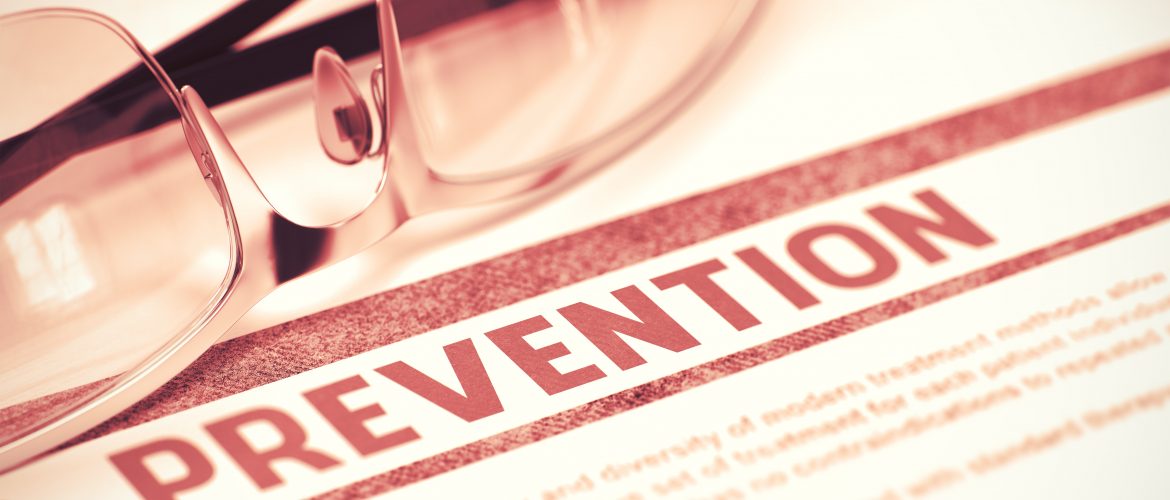As another hurricane season rolls round, the nursing home tragedies associated with Hurricane Irma in 2017 are remembered and serve as reminders regarding the continuing need for nursing homes to have back-up generators to restore power to their facilities’ air conditioning systems.
Twelve residents died from heatstroke due to power outages and extremely high temperatures in the aftermath of Hurricane Irma. These were not the first nursing home residents to die from the heat and humidity that often follows a hurricane. Twenty-two residents died following Hurricane Katrina when improperly installed generators were not connected to facilities’ air conditioning systems.
While a few states have slowly started to address this issue, the federal government has not required nursing homes to have back-up generators capable of restoring power to facilities’ air conditioning systems. The Centers for Medicare & Medicare Services (CMS) requires nursing homes to have “alternate sources of energy to maintain temperatures to protect resident health and safety and for the safe and sanitary storage of provisions.” However, those requirements stop short of needed specifics, leaving facilities to individually determine the level of capability for power restoration. This poses a challenge for both nursing homes and CMS surveyors.
According to the Federal Emergency Management Agency (FEMA), “air conditioning systems are often not connected to backup power.” This makes nursing homes especially vulnerable because of their dependence on power for temperature control (heating and cooling) and operation of essential medical equipment and their electronic health records. According to FEMA, the failure is probably due to the expense required to have a more powerful generator that can handle the increased power load. FEMA’s 2019 guidance on power outages and healthcare facilities may be viewed at:
https://www.fema.gov/media-library-data/1566392446802-cb3f4603ff821158811d3f55f370238e/Healthcare_Facilities_and_Power_Outages.pdf
Compliance Perspective
Failure to have properly installed generators with the capability to restore power to a facility’s air conditioning system (cooling and heating) and provide power to operate essential medical equipment and maintain electronic health records may place residents in jeopardy for heatstroke, respiratory concerns, and other issues.
Discussion Points:
- Review policies and procedures regarding adequate generator capability and the proper installation connections with air conditioning and heating systems to maintain temperatures in desired ranges during power outages, and the ability to operate essential equipment and electronic health records.
- Train staff about the CMS requirements for protecting residents’ health and safety during incidents such as a long-term power outage.
- Periodically audit to ensure that generators are adequate to provide the power needed for the air conditioning system, essential equipment, and electronic health records, and that the generator system is being properly maintained and regularly serviced.












































































